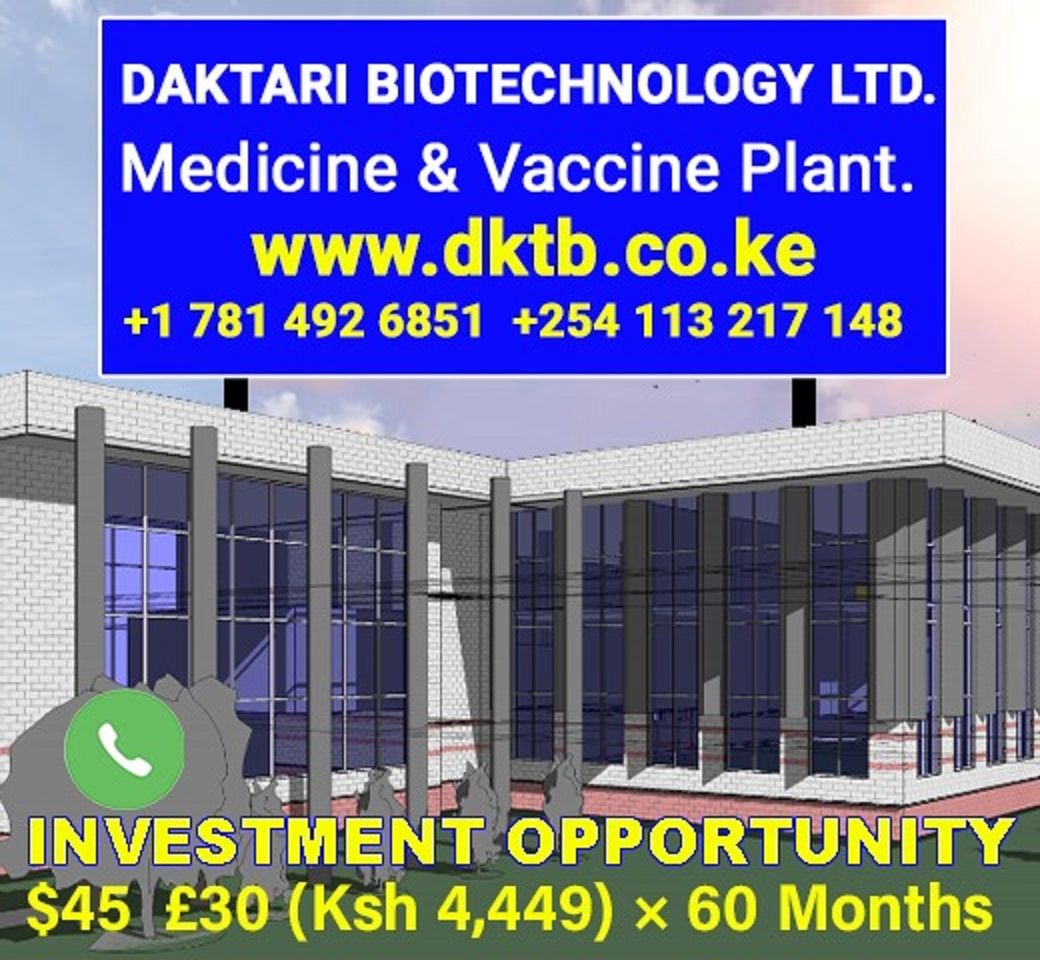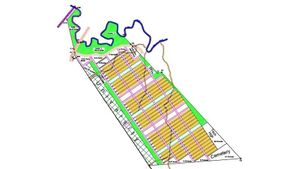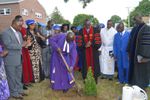Dan Kamau the Diaspora University Town (DUT) project director and Diaspora University Trust executive trustee answered questions on the 3,500 townhouses to be developed at DUT and the 3,500 townhouses developers.
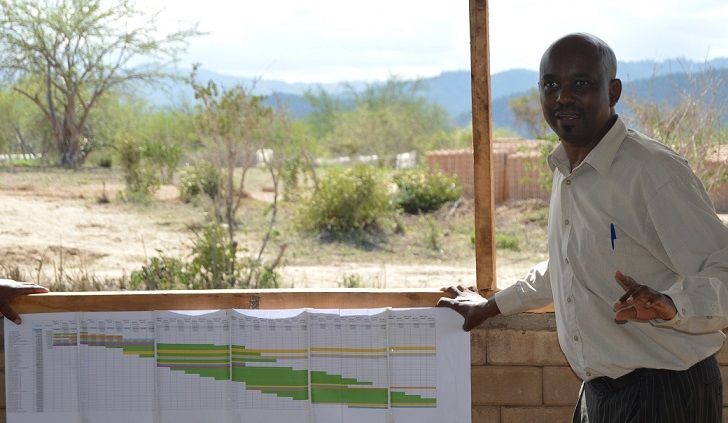
Tell us about the 3,500 townhouses plan?
Diaspora University Town has a residential plan of 3,500 town houses of 5 bedrooms a total of 17,500 bedrooms that can be occupied at any given day by the 25,000 residents, 5,000 students and visitors. The town house design is such that the house can be used as one unit as a family or as two units. The five bedrooms will also be adjustable in application.

Who are the DUT 3,500 Townhouse Developers?
One becomes a DUT townhouse developer when they sign a Townhouse Investment and Development Agreement (THIDA) and put in the first capital input. Currently, we have 430 THIDA's signed that have opened 430 files for developing 1 to 4 townhouses. The 430 files are currently developing 1,200 townhouses. We are still welcoming any person interested in developing 1 to 4 units of the other 2,300 units.
If someone wants to become a DUT Townhouse developer, what do they do?
A person will go to the DUT website (www.dut.or.ke) and in the THD page download the THIDA document and then sign. Once they sign they will send it to DUT or DUT Credit Ltd. They will also put in the first capital that makes them a developer. The THIDA is anchored on Kenya Constitution 1, exercise of sovereign power directly. A person who becomes a developer exercises their sovereign power directly.
It is important that one understands that the DUT project and plan does not incorporate the sale of plots. Persons join DUT to become townhouse developers of the planned property.
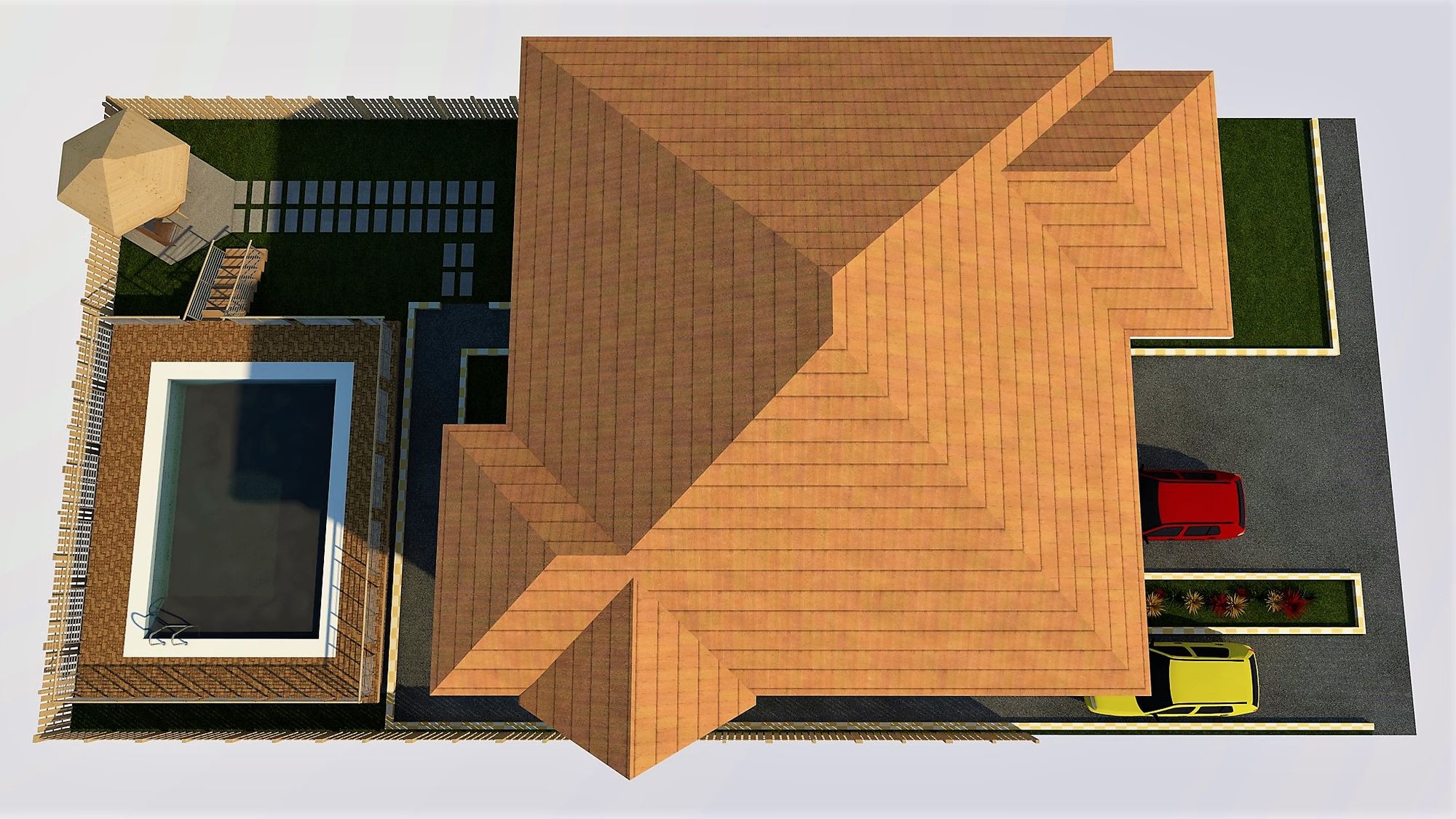
Who builds the Townhouse?
The townhouse is built by THIDA article 6. Through this article a townhouse developer appoints Diaspora University Trust to organize the survey of plots, approvals, preliminary designs, the design-build plan, the finance plan, and to oversee the development to completion.
Currently the Trust has established the house development cost at Ksh 6.5 million per unit. The delivery system is set at 20 units every 16 weeks. The Trust is currently organizing construction and mortgage finance of Ksh 22.75 billion for all the 3,500 townhouses.

Who occupies the townhouse after completion?
The townhouses shall be occupied by: Persons taking up the 15,000 jobs; persons working around the area who want to leave in the town; Diaspora Kenyans coming back to Kenya to retire and choose to retire at Diaspora University Town; Students who are not catered for in the Diaspora University hostels; Tourists visiting the town and area; and, MSMEs during start up can also use a Townhouse as a commercial building.
THIDA article 13 sets the system of occupancy and leasing during the development period that is set to end when the first class of 4 years graduates.
Immediately a townhouse is completed it shall be leased by the University and a user established.

Can a developer sell the house once complete?
Yes, a developer can sell the house. This is covered in THIDA article 12 and 15. Article 12 creates the only buyer of the townhouse as the Diaspora University Trust during the development period. The article further states that Diaspora University Trust shall set the buying price.
Once the development period ends during the day the first class of 4 years enrolled at university leaves THIDA 15 shall apply and the selling done by owners to interested buyers through buyer and seller negotiations.
Why does the Trust control the sell prices during the development period?
The control of prices is done so the Master Development Plan (MDP) can both sustain the town environment as well as grow the GDP of the town. When working on the MDP we incorporated the right of a clean and healthy environment in article 42 of the constitution.
In the strategic environment assessment (SEA) done by the trust through NEMA, when approving the SEA NEMA mandated the Trust the responsibility to ensure no slums emerge in the surrounding areas. This is another reason for the control of prices.
However, it is important to understand that the capital input will still make a return of over 35% per year when applied in the housing.
Once the 3,500 units are completed and the town shapes its economic activities the market forces of demand and supply can thereafter set the prices.

How high do you see the value of a townhouse rising the year after the first class graduates?
Currently we are developing to reach Ksh 15 billion town GDP. This could even grow past the Ksh 30 billion mark. If GDP growth passes the Ksh 30 billion, the townhouse valuation will pass the Ksh 15 million mark. A developer would have gained Ksh 8 million from every unit. The main driver of the GDP growth will be the university systems adopted from WPI. A WPI student is using $75,000 per year. If the DU passes the $10,000 mark per year, the GDP of the town will grow past the Ksh 15 billion.
Other drivers of GDP growth will be the medical hospital, the medicine vaccine plant by Daktari Biotechnology, the tourism plan and the MSMEs especially the DUT Credit Ltd MSME of financial services.
Dan Kamau can be reached via Email dan@dut.or.ke
Website www.dut.or.ke


